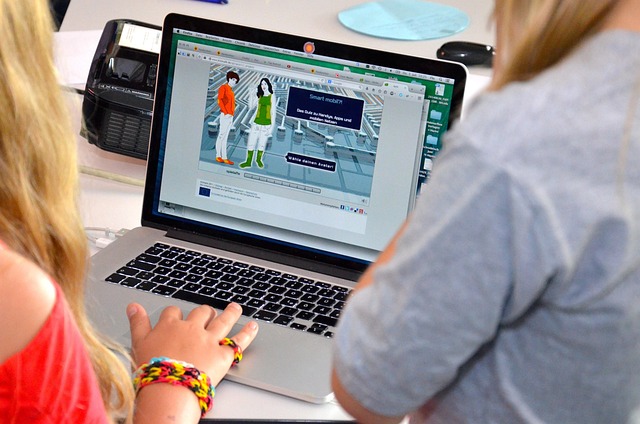In today’s digital age, navigating the vast television landscape can often feel overwhelming. With the sheer volume of content available at our fingertips, it’s easy to get lost in the noise. This is where media literacy becomes a vital skill, empowering viewers to make informed choices about what they watch and how they engage with various media platforms.
As technology continues to evolve, so does the way we consume television. The rapid advancements in display technology and monitors have transformed our viewing experience. High-definition displays, smart TVs, and streaming applications have made it possible to access a diverse array of programming from the comfort of our homes. However, with this convenience comes a responsibility to discern quality content from misinformation and sensationalism.
Understanding media literacy is essential not just for personal entertainment but also for cultivating critical thinking skills. When we embrace media literacy, we actively engage with what we watch. This means questioning the motives behind a show, recognizing bias, and evaluating the reliability of sources. We learn to identify which programs are designed to entertain versus those aimed at informing or persuading us.
Moreover, as viewers dive into the world of television, it’s crucial to be aware of the various techniques employed in visual storytelling. Filmmakers and advertisers utilize advanced techniques to captivate audiences— from camera angles to color palettes, these choices can subtly influence our emotions and perceptions. By understanding these elements, we better appreciate the artistry of television while guarding against manipulation.
Cultivating media literacy also encourages viewers to seek out diverse perspectives, fostering empathy and understanding in a polarized world. Expanding our viewing habits beyond mainstream offerings can reveal hidden narratives and voices that challenge us to think critically about the world around us.
In this rapidly changing environment, where technology continually reshapes our screens and the way we absorb content, being media literate is more crucial than ever. Rather than becoming passive consumers, we must take a proactive role in our media consumption, ensuring that we not only enjoy what we watch but also understand its impact on our lives and society.




